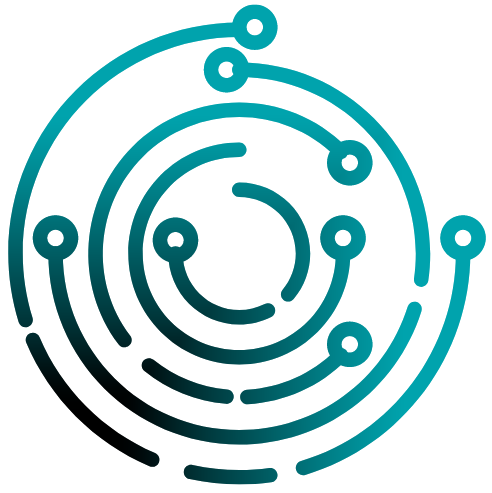D1
Concurrent Session D1
Cultivating Inclusive Learning Environments
Session Details
Time: 3:40 - 4:40 p.m.
Location: DCC 350
Embedding Equity, Diversity, and Inclusion in Teaching and Learning at TMU
Equity, diversity, and inclusion (EDI) are fundamental to fostering an inclusive and enriching learning environment at Toronto Metropolitan University (TMU). This interactive session will introduce participants to TMU’s core EDI values and principles, highlighting how they shape teaching, learning, and student engagement. Participants will gain insight into the services and resources offered by the Office of the Vice-President, Equity and Community Inclusion (OVPECI), and explore how these supports can enhance inclusive pedagogical practices.
Through case-based discussions, participants will be introduced to real-world classroom and institutional scenarios that reflect common challenges and opportunities in advancing EDI. By engaging in collaborative problem-solving, attendees will identify concrete strategies for embedding inclusive teaching practices, fostering diverse perspectives in curriculum design, and creating equitable learning environments for all students.
By the end of the session, participants will leave with practical tools/strategies and a deeper understanding of how they can actively contribute to a culture of inclusion in their daily interactions with students and colleagues. With an emphasis on promoting student well-being, this session will empower educators to integrate EDI principles into their roles, ultimately strengthening TMU’s commitment to an inclusive academic community and fostering belonging.
Presenters

Teaching Israel & Palestine: Questions for Pedagogy
For many faculty members who take education for critical citizenship as foundational to their pedagogical practice, walking into the classroom in an atmosphere of heightened tensions over the ongoing and intensifying conflict in Israel/Palestine has been a challenging and sometimes overwhelming experience. Committed as we may be to teaching about racism and other forms of inequity, finding ways to navigate the realities that many Palestinian, Arab, Muslim and Jewish students are bringing to class has proved daunting.
This session will address the imperative to be teaching and learning Israel/Palestine and its local impacts, in places and in ways we might not have in the past. This imperative presents itself acutely in classrooms committed to exposing racism and other forms of inequities – where many of us have been unable or unwilling to address anti-Palestinian and even anti-Arab racism, often also antisemitism, and certainly the intractable conflict of the last century centring around Palestinians and Jews.
While there is much to learn about how to learn and teach Israel/Palestine, its competing historical narratives and truths, the claims of victim status and need for dignity, protection and land – there is also much for us to learn in this moment about the classroom itself and about what learning and teaching must do right now.
This session will explore what learning and teaching has to learn from this moment. What pedagogical tools are needed to learn and teach in contexts of colliding perspectives and realities, those exposed by Israel/Palestine, but also present in many other places around the world. How might we acknowledge the limits of the classroom and all that we cannot do in this space, while continuing to struggle to surpass those limitations?
Presenters
Nadya Burton, PhD, is a sociologist and Associate Dean, Undergraduate Studies, Students and Pedagogy, in the Faculty of Community Services (FCS) and Associate Professor in the Midwifery Education Program.
In her current position as Associate Dean, Nadya’s work focusses on enhancing the academic experience, student support and pedagogical practices within FCS. Nadya works with students to support success and retention, and with faculty colleagues to foster rigorous, innovative and equity-focussed, learning environments and curriculum.
Nadya chairs the FCS Learning & Teaching Committee and runs the FCS Teaching Talks series, bringing reflection on teaching and pedagogy to colleagues across the Faculty in both public events and collegial discussion gatherings.
As an advocate for equity and justice, Nadya’s teaching and research focus on supporting thinking and action around reproductive justice, and on the opportunities and constraints of teaching for social justice within the academy. As a sociologist privileged to work in a clinical education program, Nadya has taught issues of justice and equity to future midwives for over 25 years.
Nadya’s commitments in teaching, research and administration are grounded in an understanding of universities as potential sites for social change and the importance of education for critical citizenship. She supports teaching and learning within FCS to deepen commitment to working with communities to bring about change in the service of creating more just and equitable worlds.
